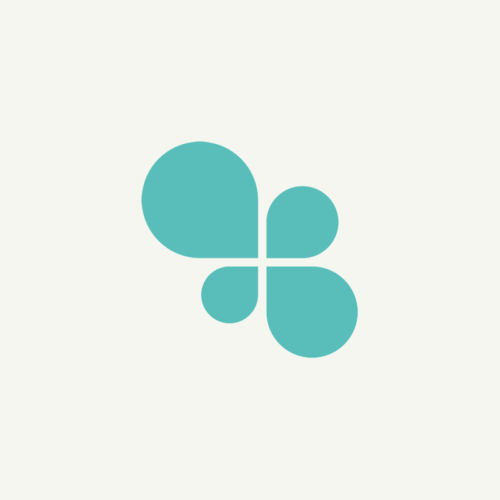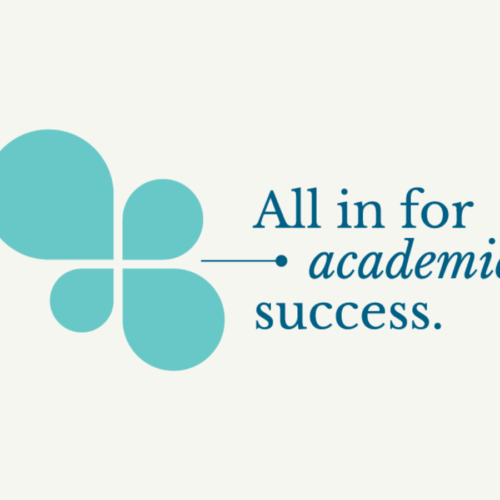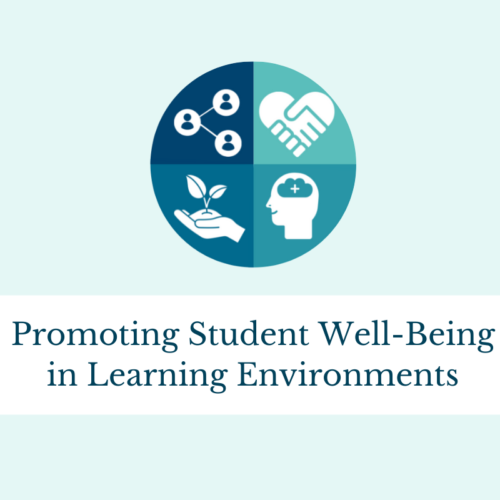Computer Science Professor Emphasizes Diligence in Learning
 “I hope students come away from my class with the sense that they can get better at computing. It’s not a mystery; it’s something that can be understood with time, diligence, and attention,” said Bill Siever, Teaching Professor in the Department of Computer Science & Engineering at the McKelvey School of Engineering at Washington University in St. Louis. Professor Siever teaches classes at WashU including “Computer Science I,” a large enrollment course that serves as an introduction to computer science for freshmen and sophomores, and “Internet of Things,” an introductory course that introduces sophomore and upper-level students to Internet of Things concepts.
“I hope students come away from my class with the sense that they can get better at computing. It’s not a mystery; it’s something that can be understood with time, diligence, and attention,” said Bill Siever, Teaching Professor in the Department of Computer Science & Engineering at the McKelvey School of Engineering at Washington University in St. Louis. Professor Siever teaches classes at WashU including “Computer Science I,” a large enrollment course that serves as an introduction to computer science for freshmen and sophomores, and “Internet of Things,” an introductory course that introduces sophomore and upper-level students to Internet of Things concepts.
Professor Siever actively contributes to computer science education through publications, talks, service, and advising. His recent publications and talks include “Nifty Assignments: An IoT Assignment Sequence,” which appeared in an April 2019 edition of the Journal of Computer Sciences in Colleges, and “Workshop: Micro:bit Magic: Engaging K-12, CS1/2, and non-majors with IoT & Embedded,” which was published in the Proceedings of the 50th ACM Technical Symposium on Computer Science Education. Professor Siever led the workshop at the 50th ACM Technical Symposium on Computer Science Education in 2019.
Professor Siever has also served as the advisor for independent study and masters projects at WashU. In Fall 2016, he supervised three students in an independent study program who created a mobile app for college students to exchange textbooks.
Professor Siever has a B.S. in Computer Science from Missouri University of Science and Technology. He earned an M.S. in Computer Science and later, a Ph.D. in Computer Engineering from the Missouri University of Science and Technology. Prior to joining the Department of Computer Science & Engineering at WashU, Professor Siever was Assistant Professor at Western Illinois University, where he won a Departmental Undergraduate Teaching Award in 2014.
In an interview with the Center for Teaching and Learning, Professor Siever discussed how he encourages students to work through difficult problems in introductory computer science courses. He also emphasized how group work can facilitate student learning.
How did you become interested in computer science and engineering?
I think it was a combination of two things. When I was young, we got a computer, and I also did a summer camp and had a third grade class that introduced me to programming. It was something I enjoyed, and I felt like I was successful at it. The class and summer camp in particular built confidence and encouraged me.
What inspired you to become a teacher?
There were a lot of different things. I enjoyed it because I found it challenging to communicate skills that I developed to other people. I find it to be rewarding. I love when students have that “aha” moment when they catch on to something that they felt was difficult as first. I also thought I would have more impact, because I see it when I’m teaching. I wasn’t sure I would have that same impact with an industry or research-focused job.
What teaching methods have you found the most effective in the classroom, and why?
Many of our classes at McKelvey School of Engineering involve various types of social learning where students work in small groups to experience content firsthand. This has been shown to be effective both in my personal experience and in educational research.
One of the most significant things I’ve seen among students in groups is back and forth in discussion. They challenge each other a little bit. Often, a peer is better at bridging the gap than we as instructors might be. Sometimes we don’t understand the difficulties students are having, and the peer experience can overcome that barrier.
How can educators, particularly in STEM fields, be more inclusive?
I try and be open and accepting and inclusive, and I encourage everyone who works in my classes to be open-minded and inclusive. Trying to be self-aware of the biases that we all have and counteract them is also an important component.
What are some of the challenges you’ve encountered in your teaching, and how do you address them?
I’ve seen two issues that are particularly challenging in different ways. There are students who truly want to understand something and don’t. Often by encouraging them not to give up, but to also to walk away from it for a while to get fresh perspective, I’ve helped them. I’ve also encountered issues with students who are focused on points and credit rather than the content. I try to interest them in the content.
What has been one of your favorite courses to teach, and why?
I’ve had two that I particularly enjoyed at different times. I like doing “Introduction to Programming,” because it’s the introduction to computer science, and you can get people interested in the subject who otherwise wouldn’t be. I’ve also enjoyed doing computer architecture classes because it brings together a lot of topics and explains how everything fits together.
Who are some of your favorite teachers throughout the years?
I had a high school instructor who was really interested in computer science and encouraged me in my studies. My dissertation advisors in graduate schools were supportive and kept me going.
At WashU, all my teaching colleagues, including the other CSE teaching faculty and those who I’ve co-taught with, like Professors Cytron, Chamberlain, Cosgrove, and Shook, have all been enthusiastic and encouraging. I also learn a lot from my students. Once, I was telling a student how difficult it was for me to explain something, and she said, why don’t you just practice doing it? I did, and I got better. It gave me insight that teaching is something you practice, and you become better at it with time, like any skill.
What do you hope students take away from your classes?
It depends on the course. Generally, I hope students come away from my class with the sense that they can get better at computing. It’s not a mystery; it’s something that can be understood with time, diligence, and attention. I also hope they develop critical thinking skills that can be used in other parts of their life.
What advice do you have for aspiring educators?
Be open minded and willing to learn from those you’re teaching alongside of. Don’t be afraid to mix and match strategies and find your own teaching style. Everyone has their own personality that will lend itself to different approaches.




